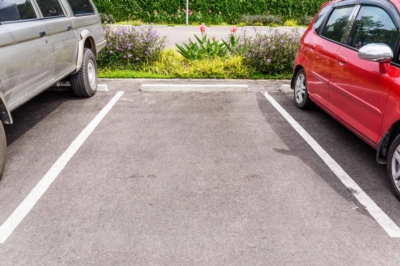




You are ready to buy your first property, or you want to buy a new home ? For a purchase in the best conditions, start by making sure that you master the main financial points related to the operation. To help you, we tell you everything you need to know to make your transaction in optimal conditions.
To prepare the purchase of a property, it is essential to know the additional costs that are added to the price announced on the advertisements of sale. Indeed, it is necessary to take into account the costs that complete the price " gross Housing, to estimate the costs to be incurred and the profitability of your purchase.
The first charges to be added to the advertised price correspond to the commission requested by the real estate agency . These agency fees being set freely, do not hesitate to compare the signs, to benefit from the best prices. It is also possible to negotiate with the agency, especially when the real estate market lacks dynamism.
To this must be added the notary fees , which you buy in new or old. They are generally around 7% of the purchase price in Luxembourg. It is a substantial sum, which should not be neglected. Note also that if you buy a personal home (non-rental principal residence), you can benefit from a tax credit of up to 20,000 euros.
Other major costs that are added to the initial price of a property: the costs related to a mortgage . Depending on your initial capital, you will probably need to apply for a loan. If you opt for a loan over a long period (more than 20 years), you will have to pay particularly high interest, which will be added to the price of the property. To this must be added the administrative costs (between 500 and 1000 euros in general), the guarantee fees (between 1% and 2% of the capital borrowed) and loan insurance.
Depending on these calculations, you may decide to buy one property over another, or even wait before making your purchase, or negotiate the price accordingly. In case of doubt about the prices or the fees which you are asked for, contact the Observatory of the Habitat , which will be able to inform you about the ceilings in force.
By becoming an owner in Luxembourg, you will also have to pay an annual property tax . It is calculated according to the type of property (commercial, private, etc.) and its unit value. It is calculated by multiplying the basis of base by the communal rate. Consult your municipality or the Real Estate Appraisal Department to know the communal rate and the unit value corresponding to your property. Municipal taxes also apply, but they are generally quite inexpensive.
As an owner, you will also have to pay for condominium fees , as well as any maintenance and upgrading work. This may concern work undertaken by you (renovation, repairs), but also work imposed by the condominium, to which you must necessarily contribute. It is therefore important to plan an annual budget, so as not to be caught off guard.
Finally, it should be kept in mind that there is some aid to facilitate homeownership, particularly with regard to loans. Earlier, we talked about the tax credit you can get on homeownership for your principal residence. On the other hand, some banks offer zero interest loans (PTZ) for the purchase of a first principal residence, against the commitment to live there permanently for at least the first 6 years. The Luxembourg government also offers a capital bonus to help low-income households finance a loan: the premium usually varies between 200 and 10,000 euros. The state can also vouch for you to get credit if you have insufficient funds. Similarly, if you have a mortgage, you can benefit from an interest subsidy of approximately 0.50% per dependent child.